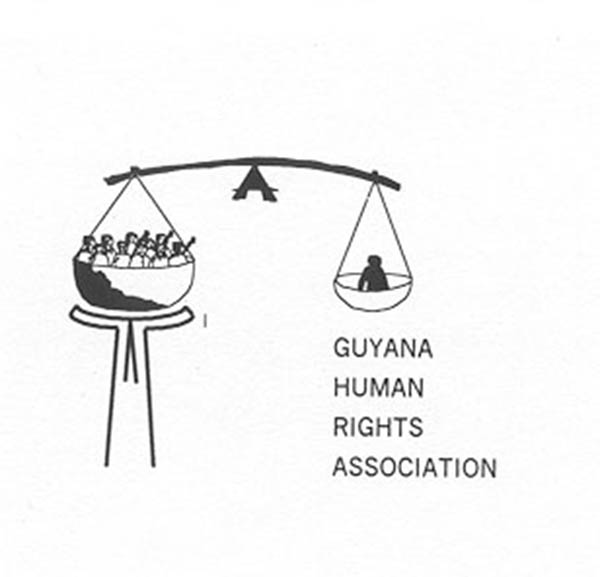The Guyana Human Rights Association (GHRA) has questioned Attorney General Anil Nandlall’s interpretation of the Companies Act and it has also provided a series of answers that he sought.
Nandlall on March 21st had said in a statement that the GHRA had failed to apply for Continuance under Part IV, Division B of the Companies Act and therefore owes the State some $38,649,600.
GHRA Co-President Mike McCormack in a letter to Nandlall dated 25th March has sought to correct the AG on a point of law relating to the Companies Act.
The letter released to the press said that the GHRA was only now beginning to grasp what the association was being accused of. “It appears the GHRA… was required to file Articles of Continuance to bring the company in line with the then new Companies Act no later than May 1997,” it stated. It also pointed out that the new Act, under Section 342, provided for a penalty not on the GHRA but on the directors at the rate of $600 per day.
The GHRA stated that the most the Registrar of Companies can do is strike off the company or apply Section 522 which requires prosecution and conviction which carries a fine of $30,000. It also reminded the AG that any prosecution for an offence under this Act or the regulations may be instituted at any time within two years from the time when the subject matter of the prosecution arose.
“In light of all this the idea that there is $38.6 million to be collected from the GHRA or its directors is fanciful,” the letter said.
Turning his attention to the questions posed by the AG, the GHRA expressed surprise that “this information of due diligence was not sought two years ago when your Chambers invited the GHRA to submit names of candidates for the Law Reform Commission.”
McCormack then turned to the questions which were posed by the AG seeking information on:
1. GHRA audited statements from 1980-2020
2. Names of the elected GHRA Executive
3. The Mechanism whereby the Executive was elected
4. Where funding came from
5. Criteria for determining the agenda of action
6. When last an AGM was held
7. Whose interests does the GHRA ‘purport to represent’.
On the question of audited statements from 1980 to 2020, the GHRA supplied the AG with the report for 2020 done by L. A. Atherly. McCormack said that the balance of Audited Reports along with GRA compliance certificates can also be forwarded when photocopied, since many are from the pre-digital age.
On questions 2, 3, 6 and 7, McCormack said all are answered in a press release he attached to his response to Nandlall and which he said was issued following the Biennial Meeting in 2018 and circulated to all media in Guyana and abroad. COVID-related delays and social distancing inhibited the holding of a normal Biennial meeting and routine Executive Meetings have been virtual, McCormack said.
In relation to question 2, McCormack said that since ‘ageing’ has figured prominently in the current attacks on the GHRA, the GHRA wanted to point out that more than half of the newly-elected Executive were below thirty years of age.
On the question of funding, McCormack said that the GHRA relies on voluntary donations from members, fund-raising activities involving members and supporters, largely to ensure repairs and administrative expenses of the GHRA Centre.
“The GHRA takes no money from individual Governments, domestic or foreign. The GHRA has occasionally accepted grants from multilateral Agencies such as the UN. You will notice the deficit in the 2020 accounts compared to the positive balance in 1980, largely due to diminishing support from former GHRA members now overseas. The ‘Assets’ are largely in the form of the GHRA Centre which was built entirely through a ‘Buy a Block’ & Maintenance’ campaign”, he said, adding that to this extent “the GHRA is a model of ‘local content’”.
McCormack said that the GHRA agenda is oriented towards promoting the protection and implementation of the rights listed in the Articles and Memorandum, extracted from the Guyana Constitution and the international Conventions ratified by the Government of Guyana.
In relation to question seven on whose interests the GHRA purports to represent, McCormack answered: “The vulnerable sectors of Guyanese society, as indicated in the Resolutions approved in the AGM” as reported in the press release.






